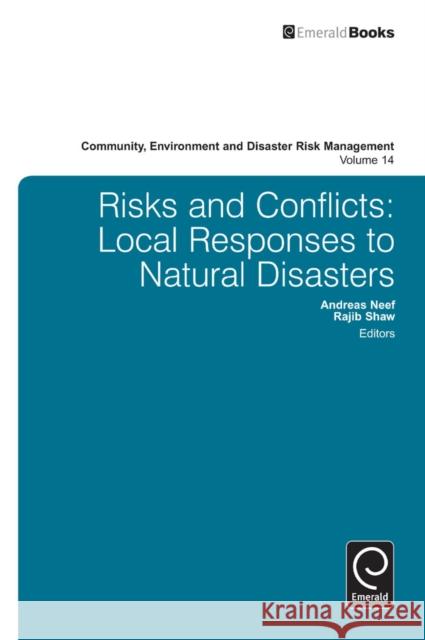Risk and Conflicts: Local Responses to Natural Disasters » książka
Risk and Conflicts: Local Responses to Natural Disasters
ISBN-13: 9781781908204 / Angielski / Twarda / 2013 / 304 str.
Communities affected by natural disasters are often stigmatized as being passive with regard to disaster prevention, mitigation and adaptation, waiting only for government assistance in the aftermath of such events. However, many innovative community initiatives have been developed to address natural disasters, which are often characterized as "local responses." While scrutinizing the potential strength and comparative advantage of community-based disaster response, this book analyzes and illustrates how individuals, families and social groups in rural and urban communities perceive natural disasters, their underlying reasons and their effects on their livelihoods, and documents and analyzes the role of local responses to natural disasters and conflict. Key factors determining the degree of vulnerability and resilience of affected communities are also elicited. Several pivotal issues related to community-based disaster responses are addressed, such as the relationship between local and external knowledge in addressing disasters, the relevance of institutional and policy frameworks for community-based disaster response and the role of social capital and collective action.











